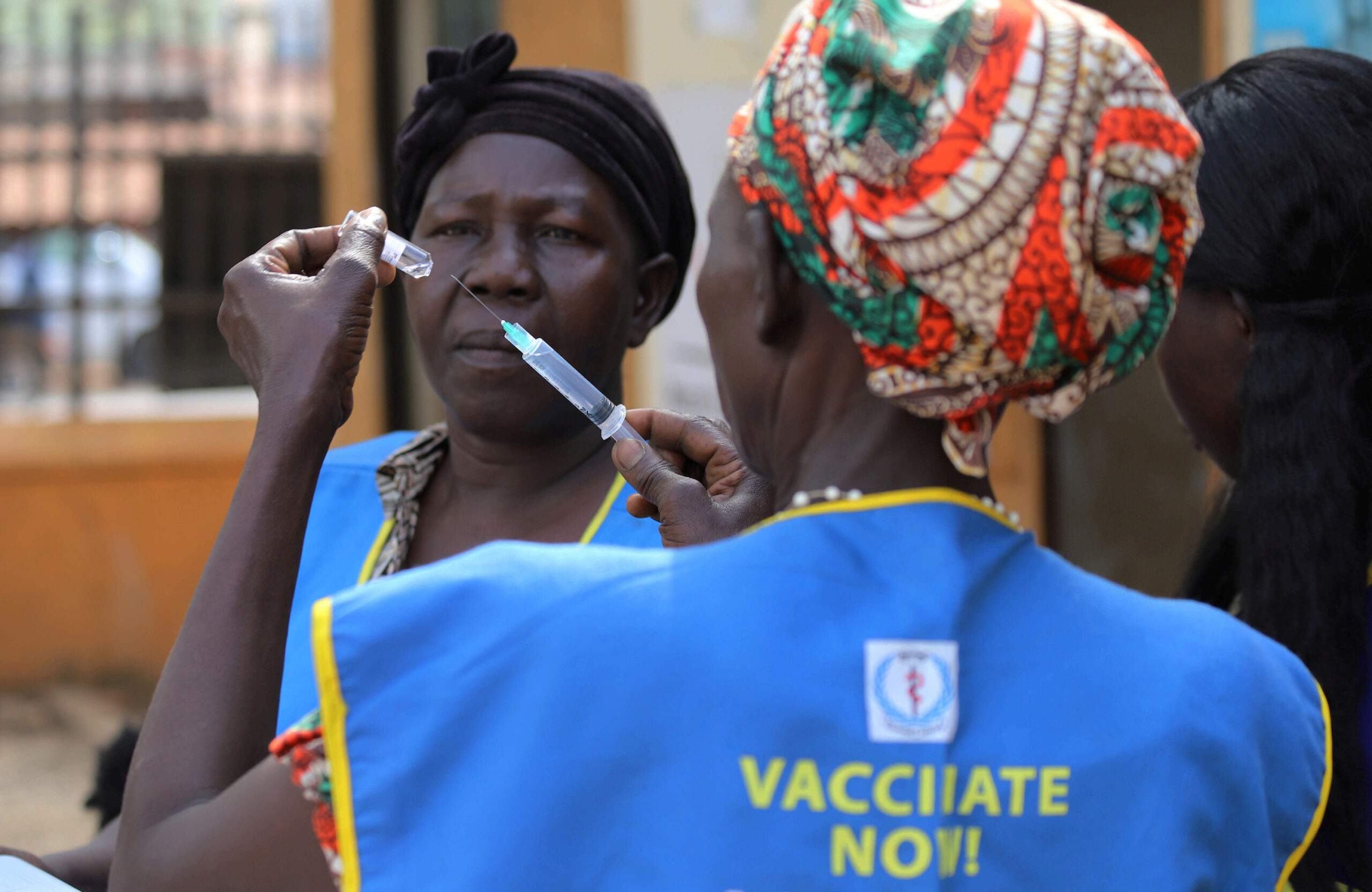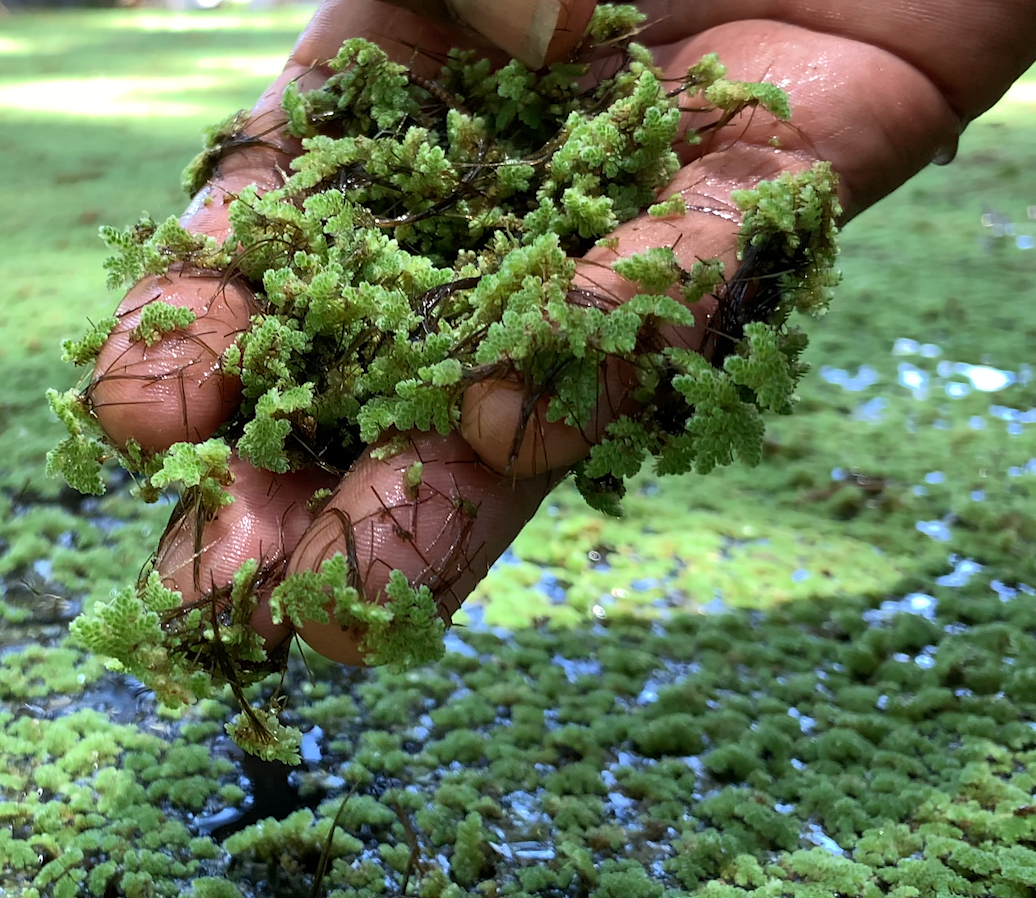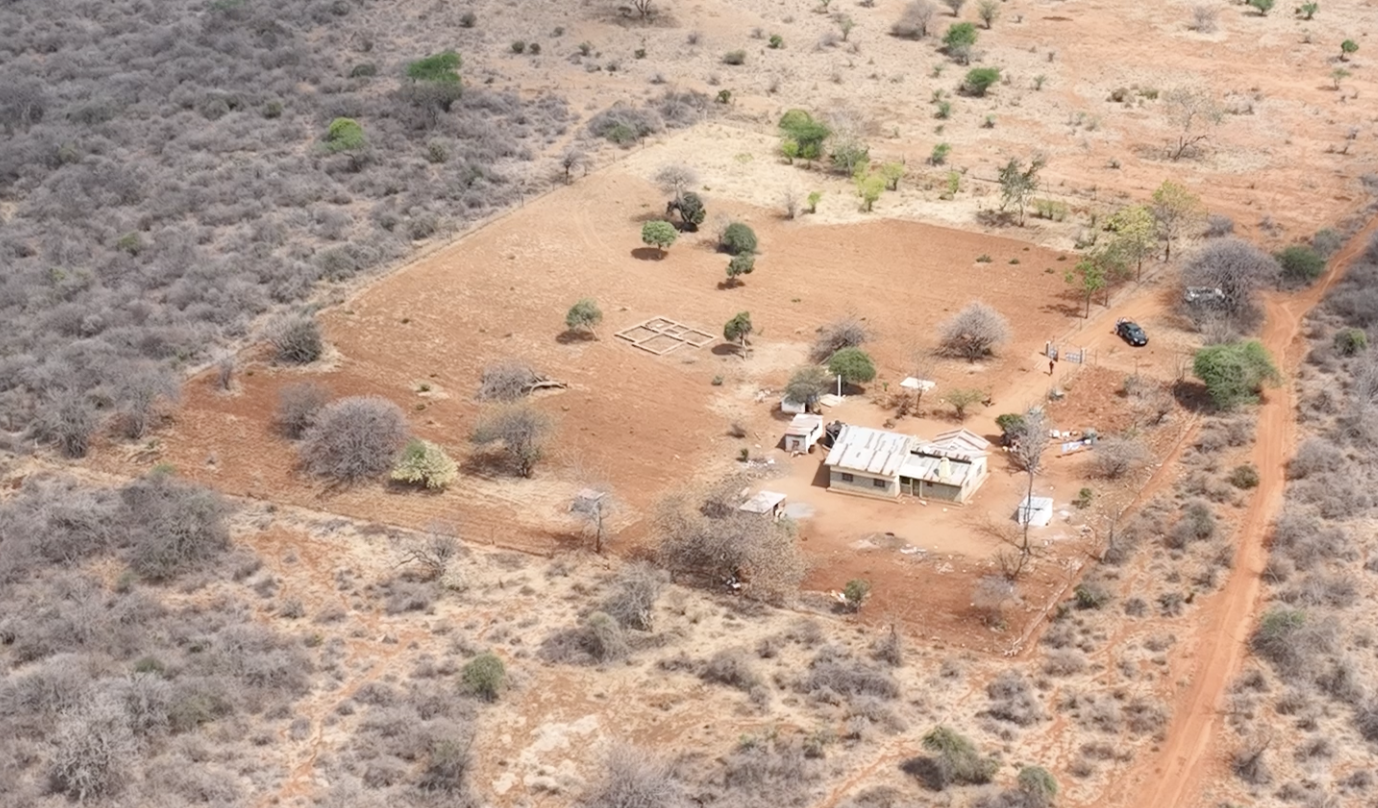
COVID-19 outbreak shuts down measles vaccination effort in South Sudan

The COVID-19 pandemic has forced South Sudan to suspend a nationwide measles vaccination drive. UNICEF says the cancelation means at least 787,000 children will not receive measles vaccine.
South Sudan’s ministry of health, the World Health Organization (WHO) and partners in February launched a campaign to vaccinate at least 2.5 million children against measles.
Only 70 percent of targeted areas have been reached in the first phase, and now the second phase has been postponed due to the COVID-19 pandemic, UNICEF said in a statement issued in Juba.
“COVID-19 has shown us what a contagious disease without a vaccine can do to the world. Measles is extremely contagious, but we are lucky because we have an effective vaccine,” said Mohamed Ag Ayoya, UNICEF South Sudan Representative.
South Sudan is still battling measles outbreaks which started in January 2019. At least 4,720 cases have been reported including 23 deaths.
South Sudan reported its first coronavirus case on April 5, and the number of confirmed cases has since risen to five.
The government has imposed a partial lockdown of the country, closing schools, religious institutions, non-essential businesses and banning social gatherings such as sports events, conferences, weddings, and funerals.
A ban on international passenger flights, internal transport and a night-time curfew also remains in place for an unspecified period.
In the context of COVID-19, UNICEF said it is supporting health facilities in the country with infection prevention and control training and equipment to ensure safe continuation of health services including immunization.
“We can’t sit and see more children dying under our watch in South Sudan from preventable diseases; therefore, we must ensure they are protected, also in the time of COVID-19,” said Ayoya.
“UNICEF, together with the ministry of health and other partners, is doing what we can to ensure regular services are continuing.”






